
Healthcare and Wellness A Comprehensive Overview
The Evolution of Healthcare
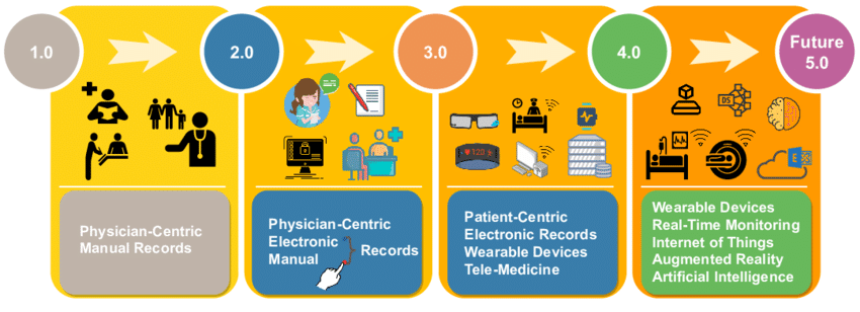
Healthcare has evolved significantly over centuries, transitioning from rudimentary practices to advanced medical interventions. Today, healthcare encompasses various systems, including preventive care, primary care, specialized treatments, and palliative care. Key milestones include:
Ancient Medicine: Early practices relied on herbal remedies and spiritual healing. Scientific Revolution: The 18th and 19th centuries introduced scientific methodologies, germ theory, and vaccines. Modern Era: The 20th and 21st centuries brought groundbreaking technologies like MRIs, robotic surgery, and personalized medicine.
Dimensions of Wellness
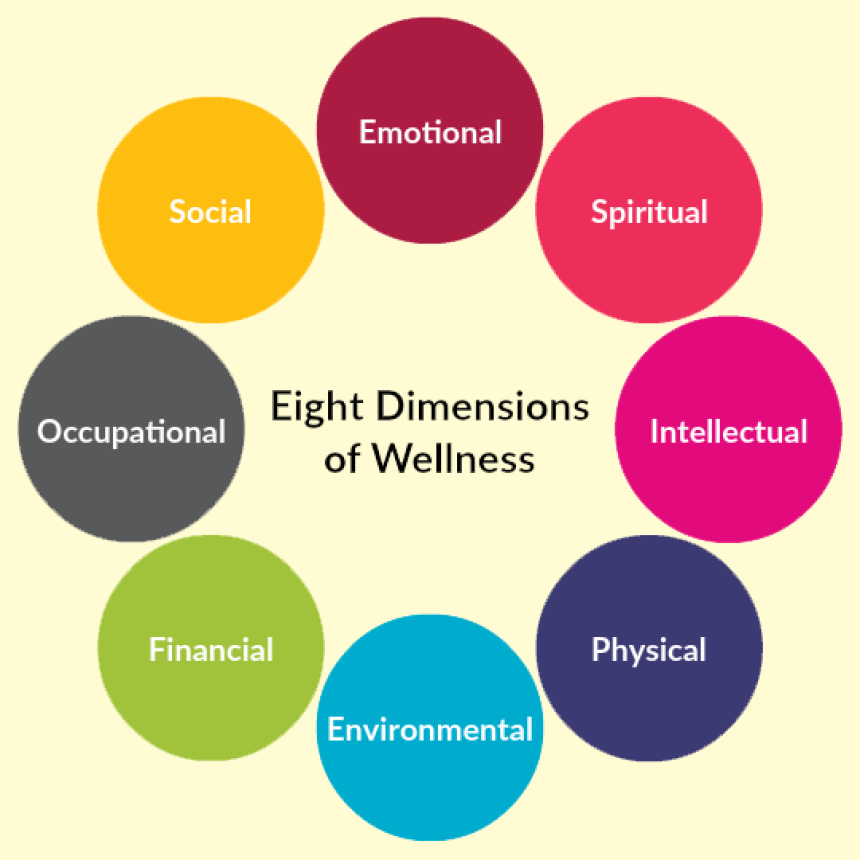
Wellness extends beyond the absence of illness, encompassing a multi-dimensional approach to health:
Physical Wellness: Involves regular exercise, balanced nutrition, and adequate sleep. Mental Wellness: Focuses on emotional resilience, stress management, and cognitive health. Social Wellness: Encourages meaningful relationships and community engagement. Spiritual Wellness: Relates to a sense of purpose and connection to larger existential frameworks. Environmental Wellness: Advocates for a sustainable and healthy living environment.
Key Trends in Healthcare and Wellness
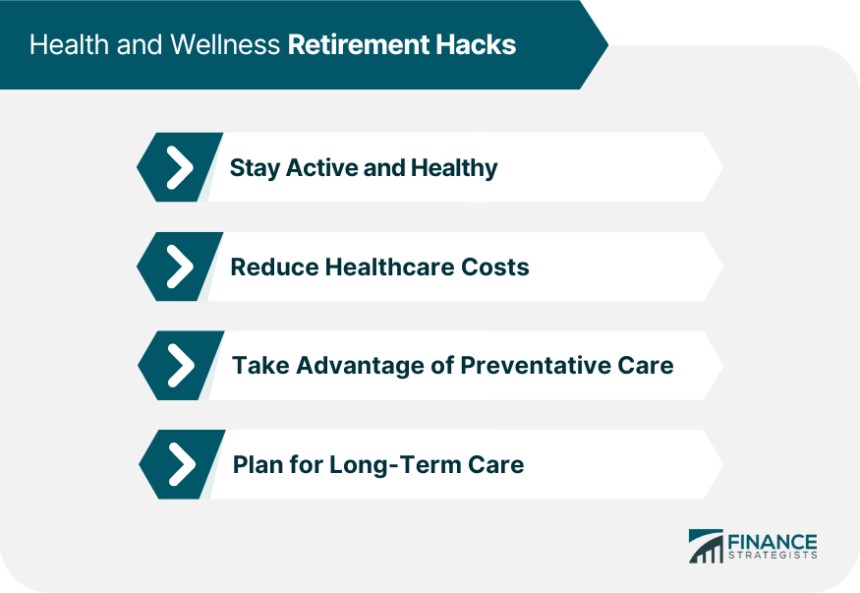
The integration of technology and evolving societal priorities have shaped modern healthcare and wellness practices. Notable trends include:
Telemedicine: Remote healthcare consultations have become increasingly popular, enhancing accessibility and convenience. Personalized Medicine: Tailored treatments based on genetic information and individual health profiles. Mental Health Awareness: Greater emphasis on destigmatizing mental health issues and providing resources for support. Holistic Therapies: Incorporating practices like yoga, meditation, and acupuncture alongside traditional medicine. Preventive Healthcare: Vaccinations, screenings, and lifestyle modifications to prevent chronic diseases.
Challenges in Healthcare
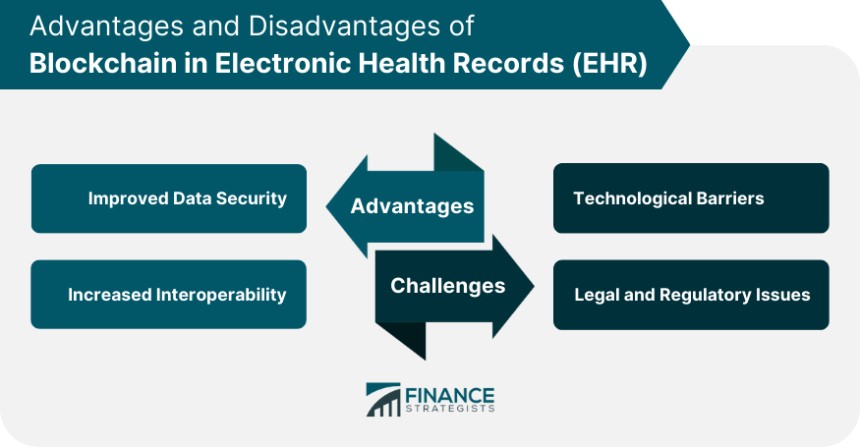
Despite advancements, the healthcare sector faces several challenges:
Accessibility: Inequities in healthcare access due to socioeconomic and geographical disparities. Affordability: High costs of treatments and medications can burden individuals and families. Chronic Diseases: Rising prevalence of conditions like diabetes, obesity, and cardiovascular diseases. Global Health Crises: Pandemics, antimicrobial resistance, and climate change impact public health.
Steps Towards Improved Wellness
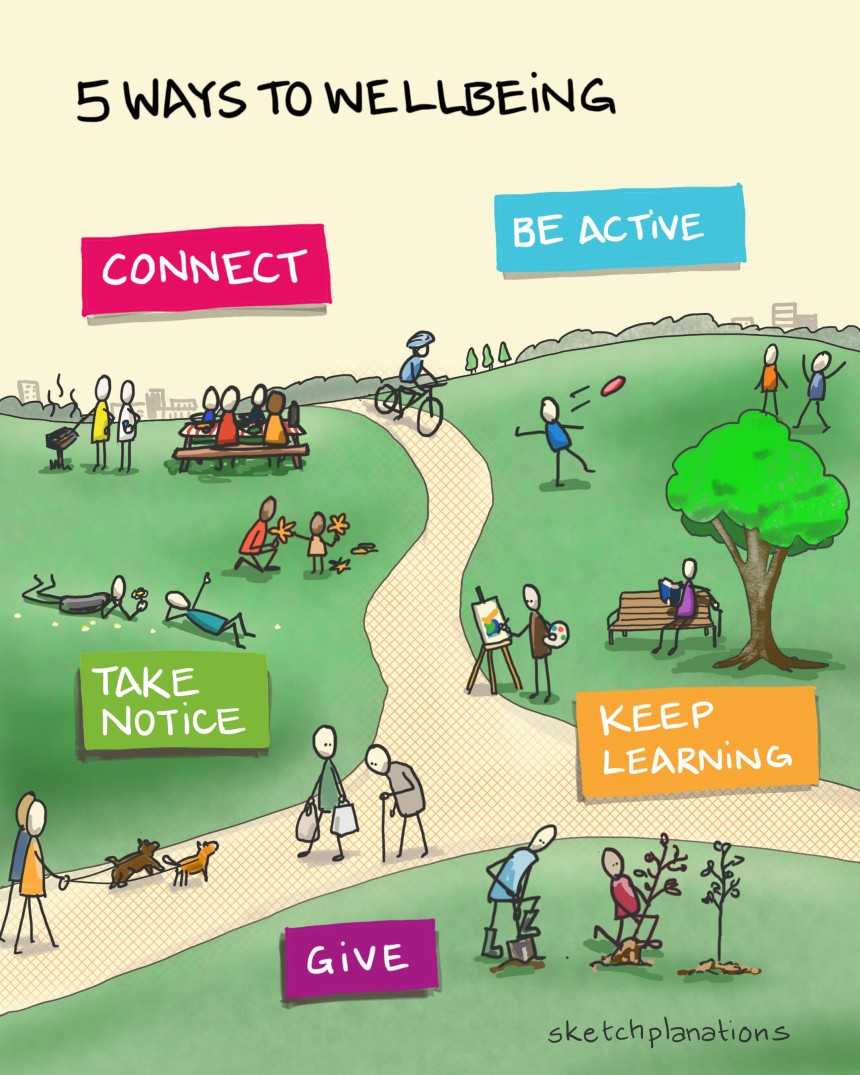
Individuals can adopt various strategies to enhance their overall wellness:
Healthy Eating: Prioritize nutrient-rich, whole foods and minimize processed foods. Regular Exercise: Engage in physical activities that suit your fitness level and interests. Mindfulness Practices: Incorporate meditation, journaling, or gratitude exercises into daily routines. Routine Checkups: Schedule regular health screenings and consultations. Community : Individuals can adopt various strategies to enhance their overall wellness.
The Role of Governments and Organizations
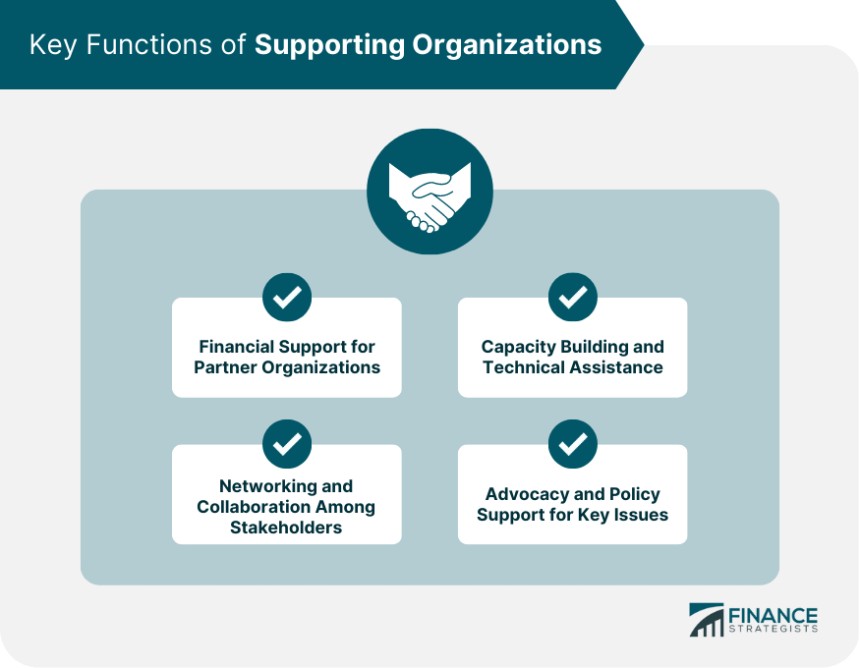
Governments and organizations play a pivotal role in promoting healthcare and wellness. Policies and initiatives include:
Public Health Campaigns: Awareness programs about smoking cessation, healthy eating, and mental health. Healthcare Infrastructure: Investments in hospitals, clinics, and healthcare technology. Workplace Wellness Programs: Encouraging healthy habits among employees through fitness challenges, mental health resources, and flexible work options.
Conclusion
Healthcare and wellness are dynamic fields that reflect the complexities of human health and societal needs. By embracing both preventive measures and advanced treatments, individuals and communities can achieve a state of holistic well-being. Collaboration among governments, organizations, and individuals is crucial in overcoming challenges and fostering a healthier future for all.





